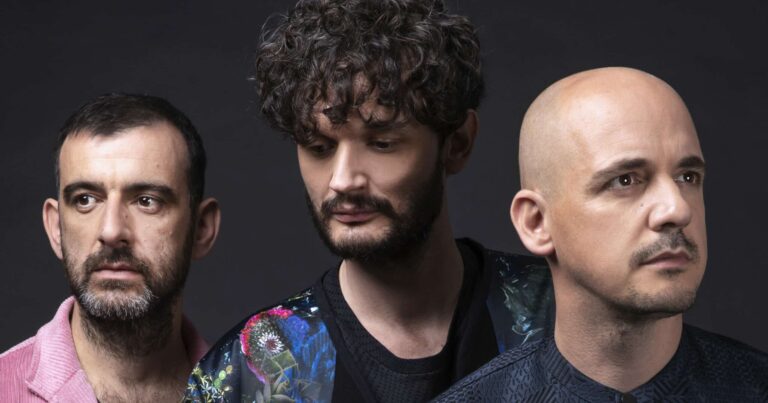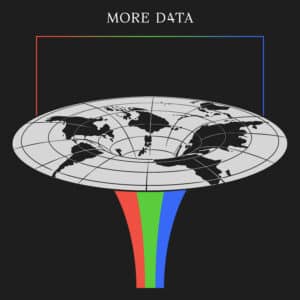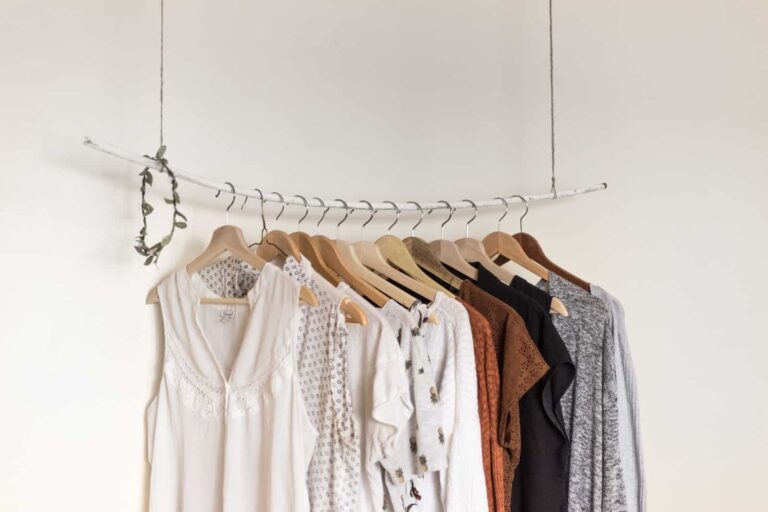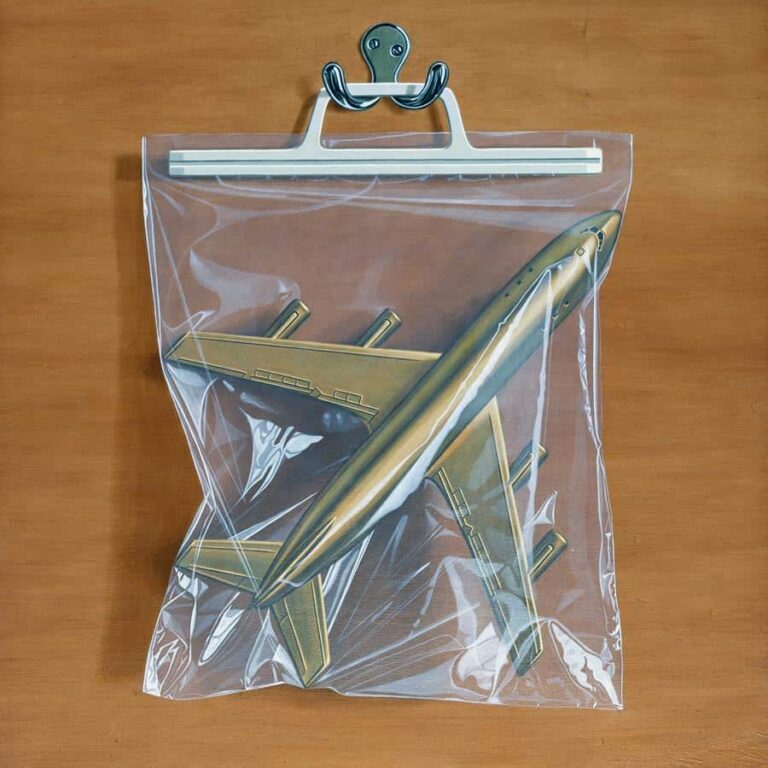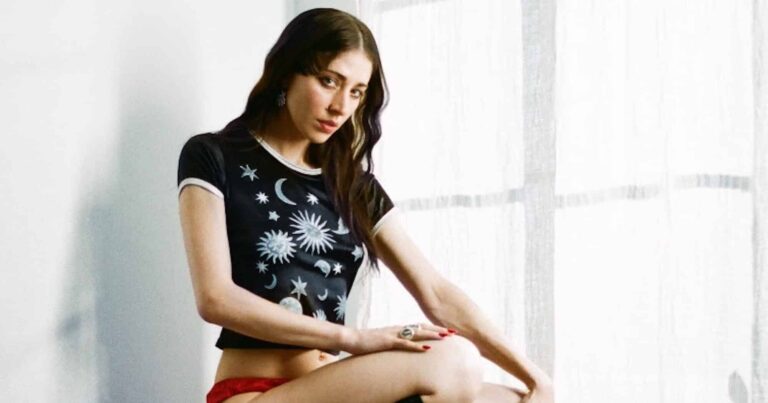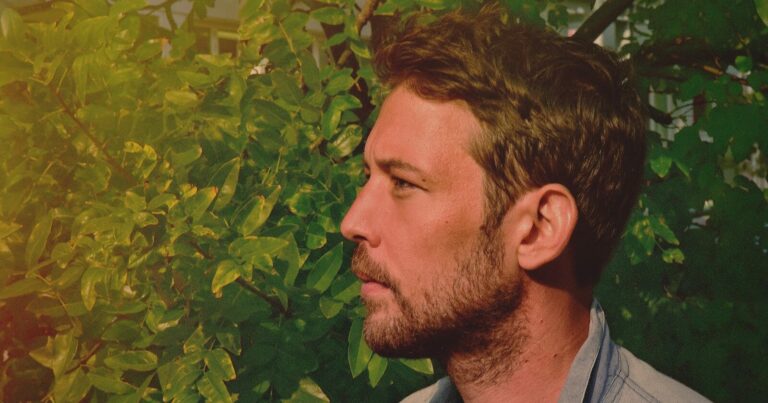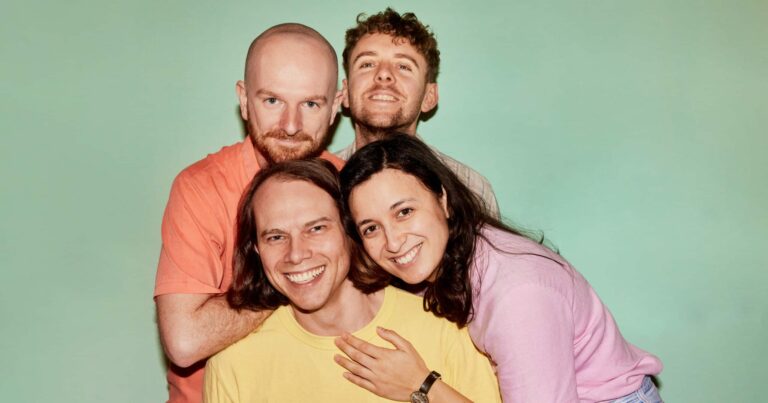Experienced, creative professionals with in-demand skills are getting paid better each year. After the economic slump and hiring freeze of 2020 and 2021, the job market is finally picking up speed starting in 2022. If you have experience in the creative field like design, user experience modelling, arts, or fine arts, there is a high possibility you could land your dream job pretty soon.
Countries like the United States and Canada are already hiring creative professionals for several excellent job roles in high paying positions. If moving to a new country is something you are looking at, you should get help on immigrating to Canada and consider the job opportunities there. While moving to a new country isn’t always a piece of cake, one of the first things to consider is the job market and roles that fit your skill sets.
Let us help you with some high paying career options for creative people in 2022.
Creative Director:
Creative Directors are primarily responsible for managing the end-to-end creative process and ensuring quality control and production requirements. They manage and lead large creative teams and actively direct all team members in the advertising, marketing, and production processes for online, TV, PR, and media channels. They are also responsible for ensuring brand voice, tonality, and content is uniform across all streams.
Most large brands require experienced creative directors with a minimum of 8 years of experience in the field. Creative directors with suitable expertise and education backing their skills get approximately $140,000 per annum with a host of benefits and take home incentives. A strong background in video content creation and editing or copywriting is usually one of the most basic requirements for this job position.
Creative Directors have extremely transferrable job roles and are in excellent positions to shift from their home country to another. Depending on the years of experience and the fields worked, getting a higher salary jump and better benefits is possible.
Front-end Web Developer:
Front-end web developers are responsible for bringing cohesive structure to UX, digital marketing, design, and ideas. These professionals must write comprehensive code for mobile and web-based applications, develop appealing user experiences, and control and manage the web development process across multiple channels. This job role is collaborative, so most web developers need proven track records of team building, cross-group work experience, and several soft skills.
Besides communication skills, front-end web developers also need to be wizards at HTML, JavaScript, CSS, and sometimes jQuery. Most brands also prefer hiring someone with experience in Adobe Creative Suite and content management systems. The average salary for this position is $95,000 and more.
Front-end Web Developers are not specific to any field and have a lot of scope to move between cities or countries. Developer job opportunities in countries like the US, Canada, Germany, Australia, New Zealand, India, South Africa, and more are excellent.
Public Relations (PR) Director:
PR Directors excel at creating go-to-market public relations strategies, overseeing the budgets, developing and managing large PR teams, and ensuring implementation of all PR initiatives. PR Directors ensure uniformity in the brand voice, manage all positive and negative associations with the brand, and help in improving the overall business or company image in front of the consumers and general public.
Public Relations Directors are also responsible for arranging interviews with celebrities, bringing them on board as the face of the brand for marketing activities, using influencers to create a positive buzz, dealing with sensitive issues surrounding the brand, and dealing with the brand reputation. The approximate salary of a PR Director is $100,000 for someone with experience working in large companies.
With the onset of so many opportunities being opened in different countries, most PR Directors also have a lot of scope to shift. The job is applicable across several large fields and geographies. If you plan to shift, you should try to get the legalities and paperwork done as soon as possible, so you can hunt for accommodation and employment in the new country. It is also good to ensure you look towards selling your current house, fix claims for housing disrepair, and start winding down the entire household. Doing this will help save a lot of time and money in the long term.
Other jobs also have an excellent scope of work and high salaries like UX Designers, Art Directors, Interactive Art Directors, Brand Managers, Mobile Designers, Advertising Directors, and more. Most of these jobs are highly transferrable and can be sought in different countries with a better chance of employment, standard of living, and salaries.
